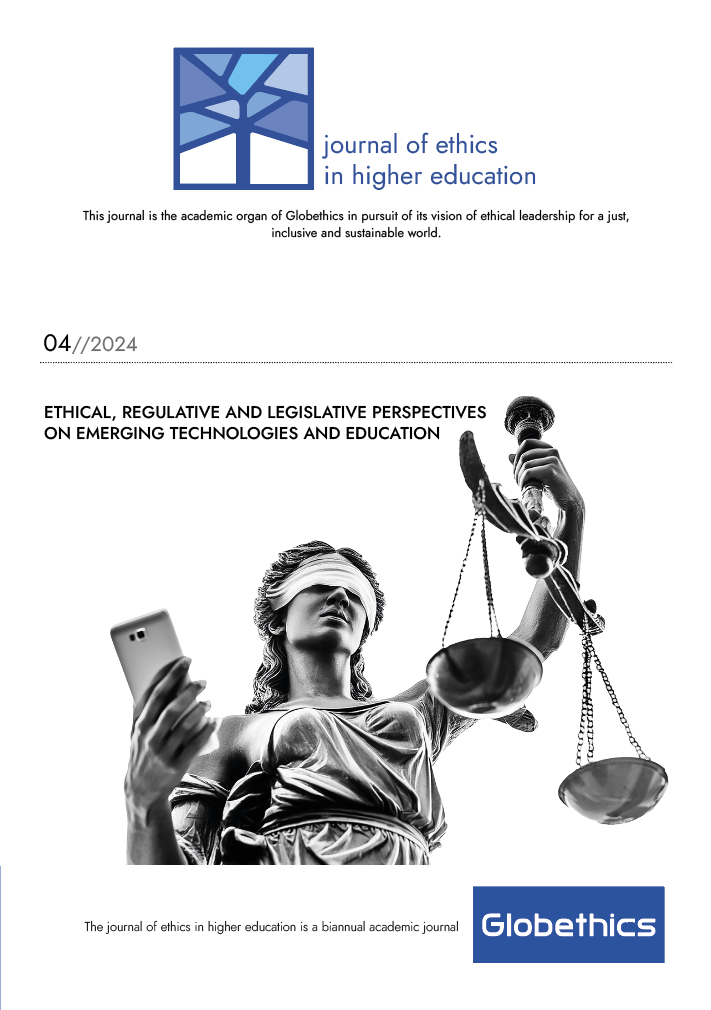From Disposable Education to Acting in the World as a Human in the Time of AI
DOI:
https://doi.org/10.26034/fr.jehe.2024.5973Keywords:
Generative models, responsibility, epistemology, sustainability, Bildung, deep learningAbstract
This contribution presents two perspectives: one informed by AI expertise, and the other by knowledge from the field of educational sciences. The paper aims to question the purpose of education, repositioning it within Von Humboldt's model of the teaching and research university, for whom Bildung was the driving force.
In recent decades, the Global North has developed a system of disposable education that focuses on training a workforce for the market, with little regard for Bildung. This has resulted in the production of disposable knowledge and assessments, with the sole goal of achieving good grades and securing employment. Generative AI, which replicates how society works, is now clearly showing this situation.
This article first explains how automatic learning, the foundation of generative AI, works. Second, we shall discuss human deep learning, as opposed to surface learning, and demonstrate its necessity to develop as a person in the Bildung perspective. Finally, we move beyond the notion of AI as a revelator of our societies and engage in reflection on concepts of wisdom, responsibility and the art of questioning in philosophy.
Downloads
Published
How to Cite
Issue
Section
License
Copyright (c) 2024 Barbara Class, Colin De la Higuera

This work is licensed under a Creative Commons Attribution-NonCommercial-ShareAlike 4.0 International License.
Journal articles of Globethics Publications are published under the open Creative Commons License Attribution-NonCommercial-ShareAlike 4.0 International (CC BY-NC-SA 4.0), which guarantees the rights of licensor and allows free use and re-use to the licensees (the readers) who can: 1) Share — copy and redistribute the material in any medium or format 2) Adapt — remix, transform, and build upon the material provided appropriate credit is given and similar license is used in case of such adaptations. Content should not be used for commercial purposes. Each article (the version of record) can be deposited by the author on their academic institutional repository or personal author webpage.







